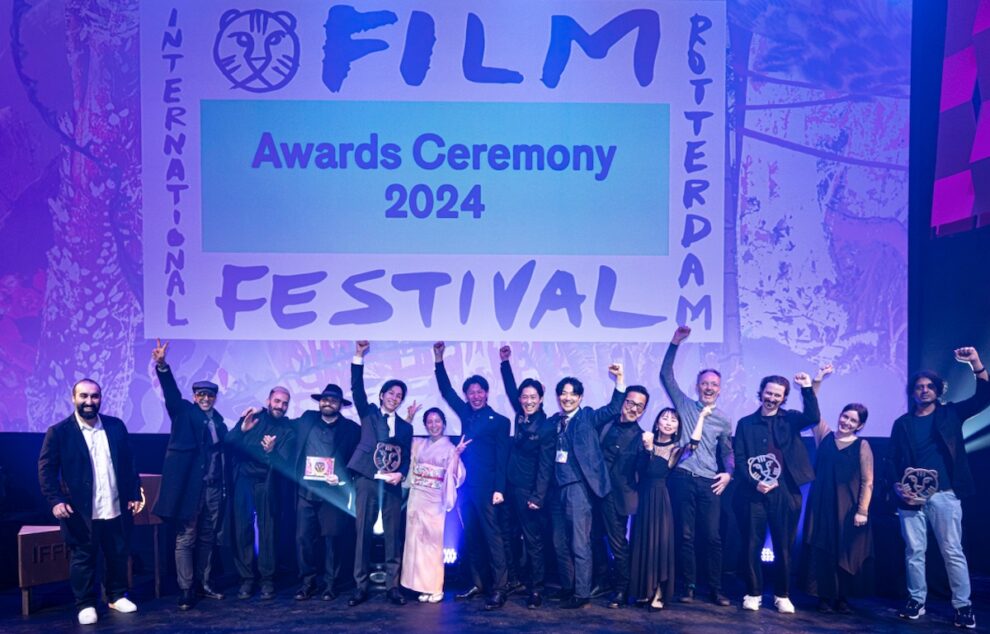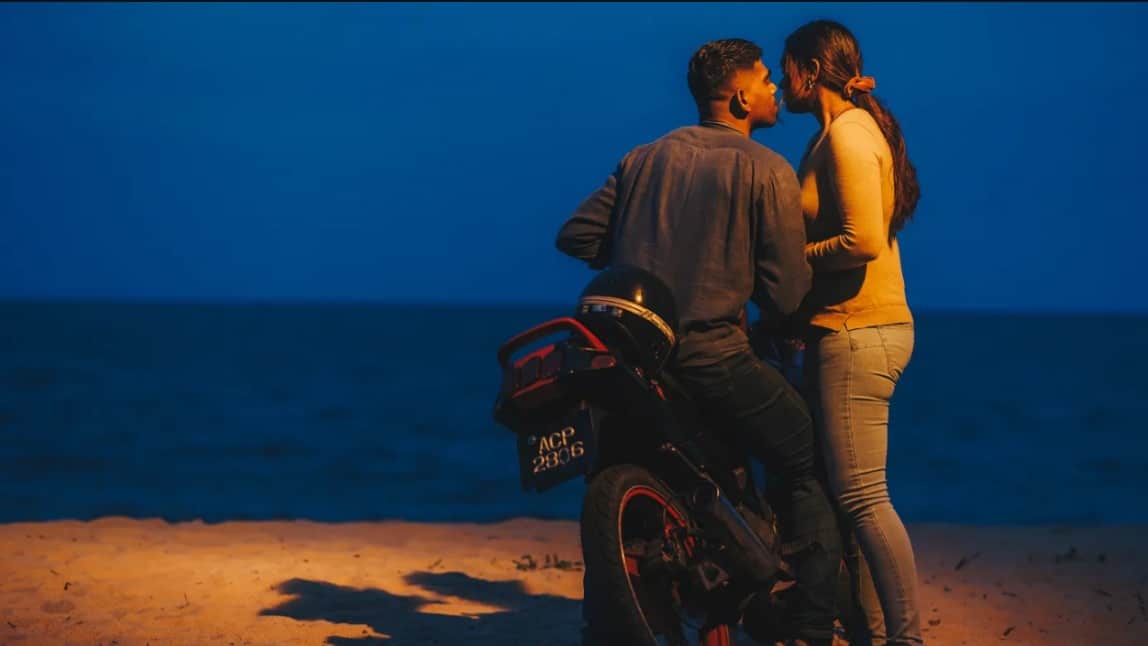Despite the decrease in budget that took its toll in various levels of the festival, the Asian representation was quite strong this year too, with the awards night cementing the fact in the most obvious fashion, as the majority of accolades went to movies from the region. “Rei” winning the big award was definitely a big surprise (and also the most memorable moment of the whole festival) but I think the film that truly stole the show was “Kiss Wagon” an almost three hour animation by Midhun Murali who did almost everything in the film by himself, and whose artfulness and contextual intricacy is truly on another level. The Iranian participation was of quality as usual, while Tamil cinema stole the show once more, both in the Masala style of the Indian productions and the more ‘art-house' one of the Malaysian “Fire on Water”, which actually criticizes the aforementioned industry. Scud's tribute was also a treat, and not just for cinematic reasons… On a personal note and highlight, interviewing Herman Yau was a dream come true.
Without further ado, here is our coverage of the festival in random order.
1. Film Review: Seven Seas Seven Hills (2024) by Ram
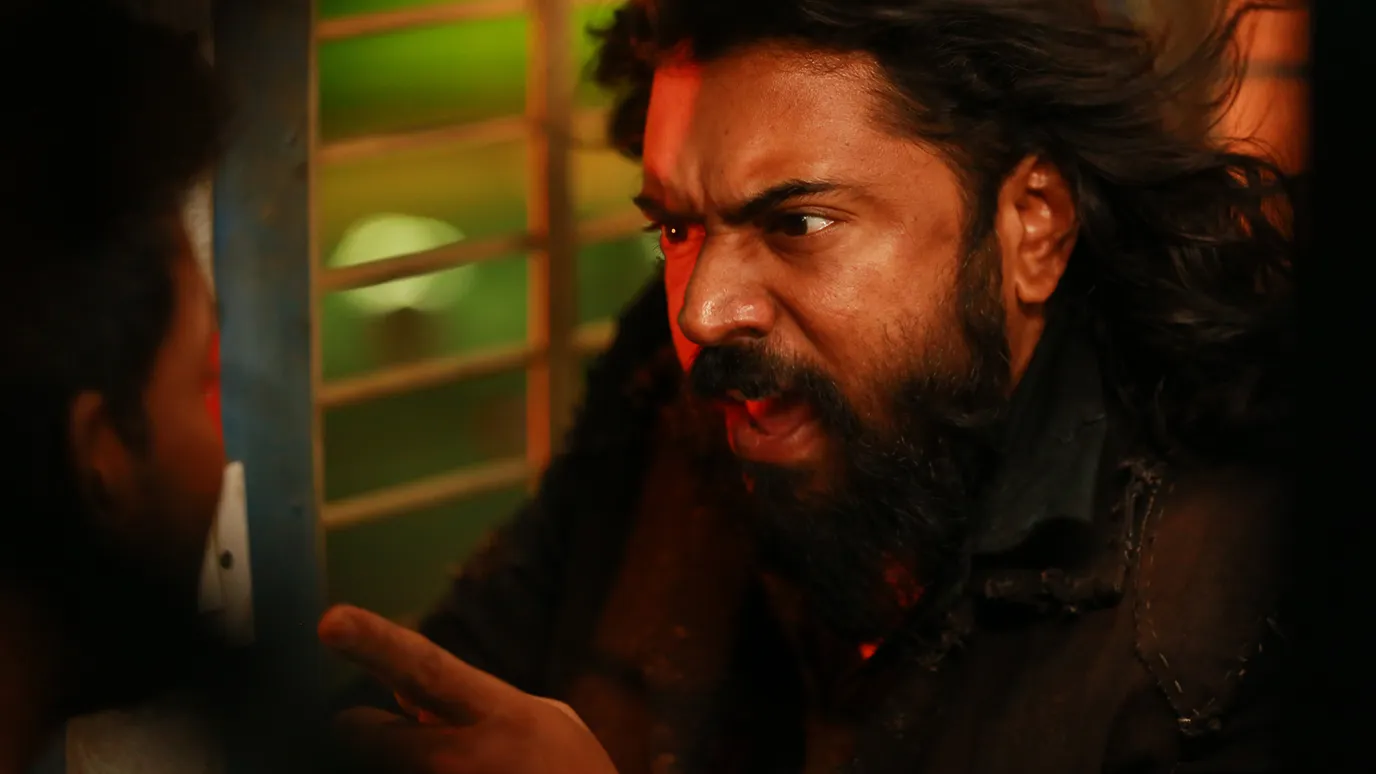
Ram directs a movie that soars on tension from the beginning, since, as soon as the story moves into the train, the clash between the two sole passengers and particularly the way the newcomer soon realizes the mistake he did by being rude to the Immortal, makes every scene as tense as possible. The inclusion of the mouse and the way it is implemented in order to show who has the upper hand also moves in the same direction, in a way that, occasionally, can be only described as brutal. Furthermore, the inclusion of a third passenger eventually adds another level to the story and the dynamics of the protagonists, as drama also becomes a factor. (Panos Kotzathanasis)
2. Interview: Ram

Why inside the train though?
Because I love trains and hate buses. Trains are democratic. When I was growing up in Kerala, the trains were really beautiful and in my actual life, I have a lot of emotions connected to the train: about my grandfather, about my love stories, about people I met. I have met a lot of people. The train is like a kaleidoscope for India, if you are in a compartment train for two nights, you will experience 23 languages, 23 different types of food, 23 varieties of culture. Train is always fascinating to me, and that is the reason that there is a train in all my movies, except for a few. But in this movie, I chose to use the train as a box. I chose to put the things that I want inside this box, I am doing this kaleidoscope. It is my compartment and I put inside the people that I want. Not one train in India runs with so much light, but this one does because I want to show that this is my train. It is my stage, it is more like a theater. It is a tiny space with only two characters, but with a kinetic speed, which is how the story is moving forward. If I had put them inside a room, it would have been stagnant. But if the room is moving, it is a train, then the whole thing becomes something completely different.
3. Film Review: Blue Imagine (2024) by Urara Matsubayashi
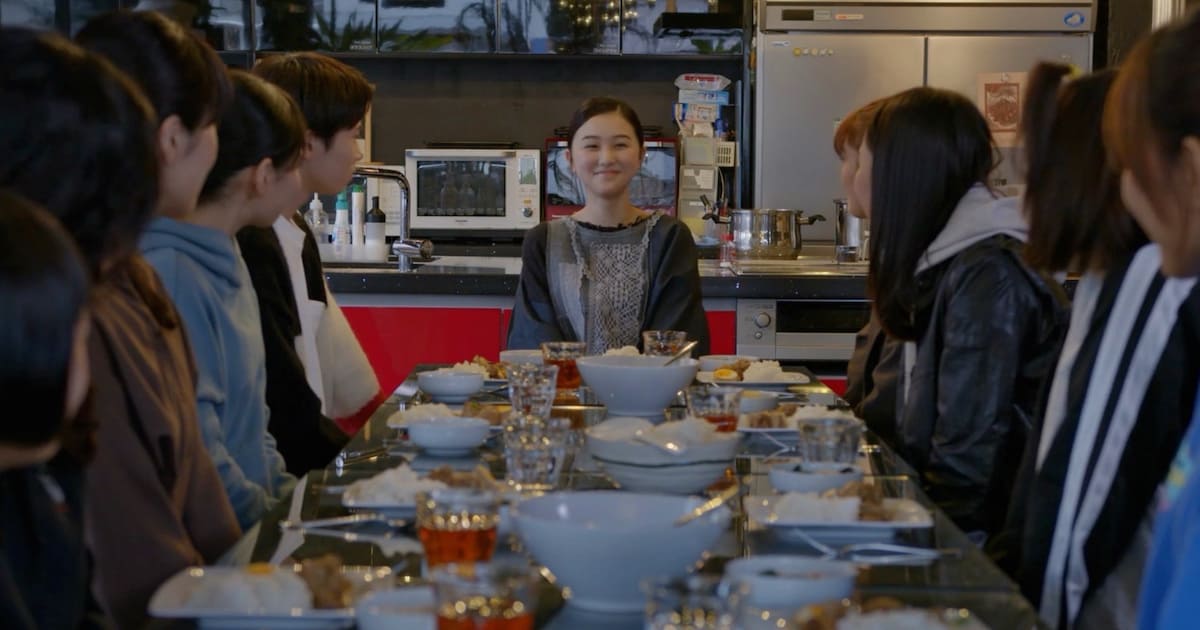
Despite some issues with the story and narrative, “Blue Imagine” emerges as a very important film, due to Matsubayashi's will to speak about issues that are still considered taboo in Japan, as much as the non-polemic approach she implements throughout the movie. Considering that this is a debut, I would be interested to see where the actress/director/producer moves next. (Panos Kotzathanasis)
4. Interviews: Urara Matsubayashi
5. Film Review: Me, Maryam, the Children and 26 Others (2024) by Farshad Hashemi

The movie thrives in three levels. First and foremost is the presentation of how an actual shooting like the one described would be, with Farshad Hashemi highlighting every technical detail, from the way the camera and the sound are implemented, to the make up and hair styling the protagonist, Zahra, undergoes. The level of realism and detail here is of the utmost level, although one could say that, considering how nice everyone involved seem to be, the approach is somewhat romanticized. (Panos Kotzathanasis)
6. Film Review: Fire on Water (2024) by Sun-J Perumal
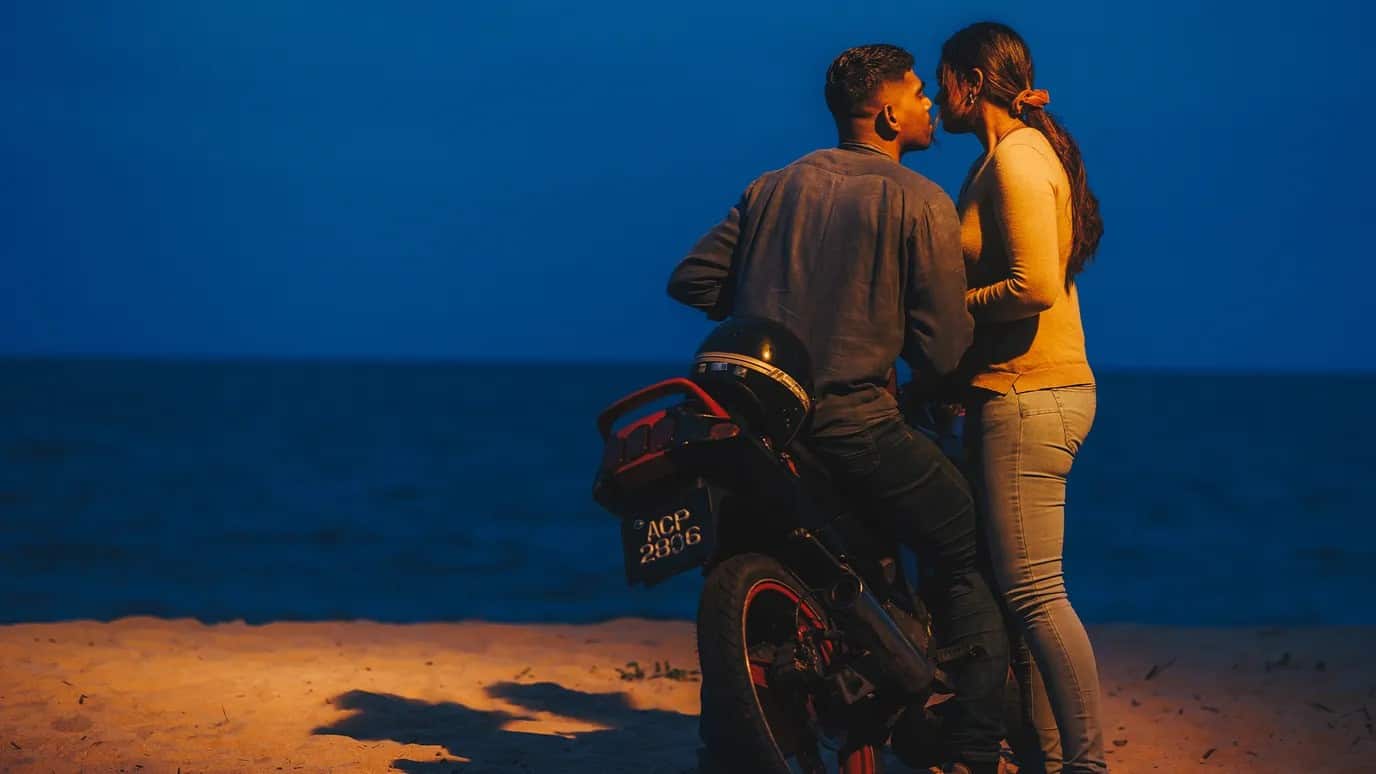
Gwai Lou's cinematography captures the setting the protagonist inhabits with a bleakness that suits his mentality, while his close ups to Karnan Kanapathy are particularly memorable, as much as the way the many one-on-ones are framed. Akashdeep Singh and Hardial Singh's editing results in a relatively fast pace that works well for the narrative, although the film would benefit from some trimming, particularly in the romantic elements. (Panos Kotzathanasis)
7. Interview: Sun-J Perumal

How close to the reality of Tamil Malaysian industry is what we are seeing in the movie?
The reality is that still. Even two weeks ago, I was reading about this one Tamil movie which was funded by the government, but it did not have a good run in the cinemas and then a lot of people involved in the movie were angry, stating that they were not paid and wondering why the government is funding these movies etc. It reassured me that the things I wrote in the script some time ago are still happening. And it is still about the dancing. I am not against dancing per se, for example you see “Slumdog Millionaire” that borrowed Indian cinema's dancing but they transcended and made the aesthetics quite beautiful. But here in Malaysia, we are borrowing the psyche of Tamil cinema, how we see women, how all rich people are bad people, all this kind of victim mindset. I grew up watching Tamil cinema but at some point I cut the connection. My great grandparents are from India, I'm a Malaysian who has roots in India in terms of language, culture, and spiritually. Other than that, in terms of geography and psyche, I belong to humanity.
8. Film Review: Rei (2024) by Toshihiko Tanaka

Winner of the Tiger Award in this year's IFFR, and in one of the most touching moments of the whole festival, with the whole cast and crew on stage, “Rei” is a typical Japanese family drama, which stands out due to its cinematography but also fosters a number of the inherent issues of the local movie industry. (Panos Kotzathanasis)
9. Film Review: La Luna (2023) by M. Raihan Halim
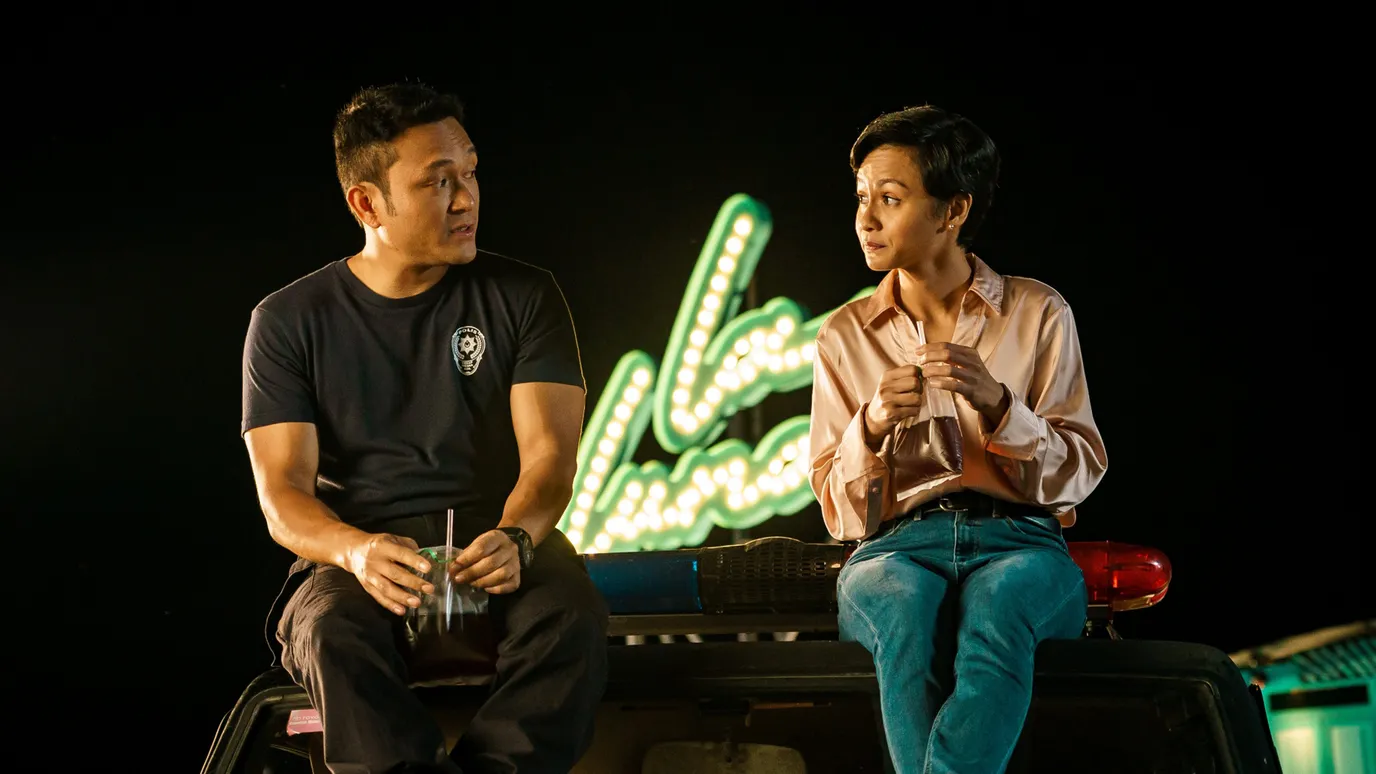
Shooting a romantic sex comedy in countries such as Malaysia and Singapore (that co-produced the movie along with Hong Kong's One Cool Film Production), where censorship borders on the Draconian, is not exactly an easy feat, even more so when the story makes a series of rather pointed comments against the ways religion functions and the blights of patriarchy. It is what M. Raihan Halim chose to do nevertheless, in a film that manages to retain its lightness and hilarity, even though its subject matters are rather serious. “La Luna” is an excellent film, additionally because it manages to show how impactful and contextually deep comedy can be when in the right hands. (Panos Kotzathanasis)


